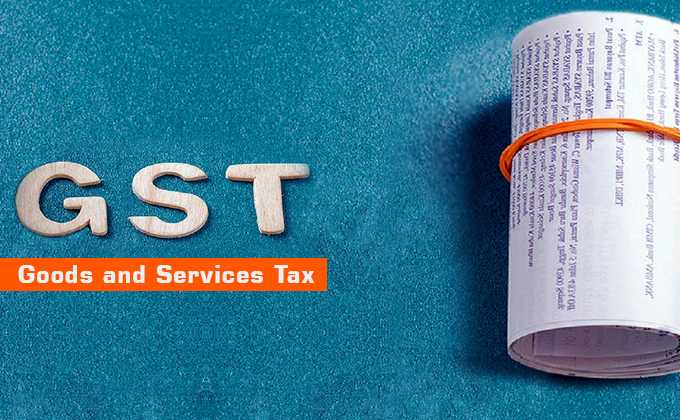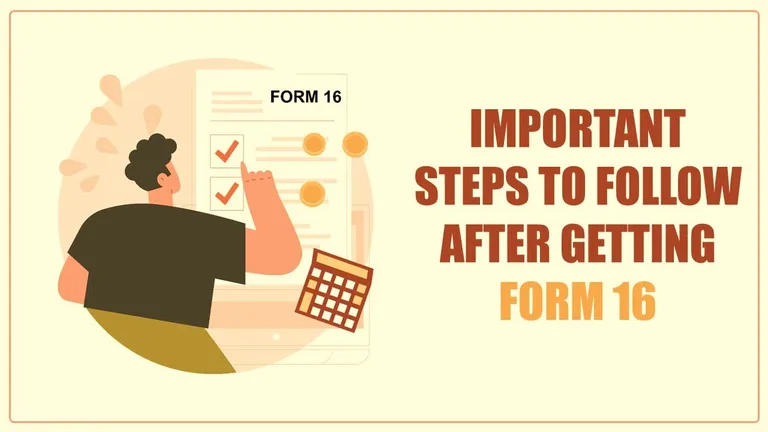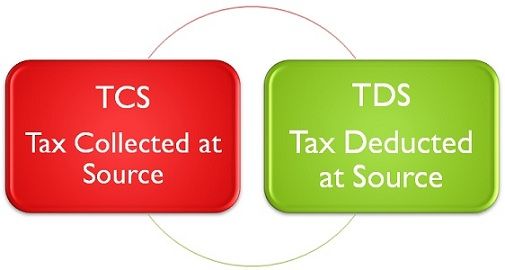TDS ensures an on-time payment of tax on behalf of the income generator but not on behalf of the one who deducts the tax. For example: if an employer deducted tax on behalf of an employee, implies that the employee has paid the tax but that doesn’t mean the employer has also paid the same. So, here comes the role of penalties and late payment charges.
In our day-to-day life, we come across such terms as late payment fees, fines, etc on pending bills or outstanding payments. The same is with income tax, the penalty or delayed payment fees are charged by the Income Tax Department (ITD) to an individual who is not in compliance with the IT law or could not meet his/her tax duties in a well-manner. So when such individuals fail to pay the taxes on time, the penalties are levied along with interest.
In the same way, if a deductor or employer who deduct the TDS (Tax Deducted at Source) from the income of their employees, fails to pay TDS to the government or fails to submit relevant tax documents to the IT department on time, becomes liable to pay penalties for the late or non-payment of TDS.
Section 234E of the Income Tax Act, which was introduced on 1st July 2012, deals with the late payment fees or penalty applicable for late submission of quarterly TDS/TCS returns by the Deductor to the ITD.
According to Section 234E, a late fine of INR. 200 per day has to be paid to the Income Tax Department in case of late filing of TDS/TCS return and the fine will be levied for every single day of delay until the late payment charges become equal to the amount of TDS and not more than that.
Let’s understand it through an example. Suppose you have to pay a TDS amount of INR 5000 on 1st March, but you pay the TDS amount on 30th June, then the total amount of penalty will be calculated as INR 200 X 122 days = INR 24,400.
Since the calculated value of the penalty is more than the actual amount of TDS amount, i.e., INR 5000, you will be liable to pay only INR 5000 as the late filing charges.
In addition to the penalty, interest will also be charged. The interest is payable by the taxpayers before the filing of the TDS return. The details about interest rates are given in Section 201 A.
For instance – If you have to pay the TDS amount of INR 3000 which you deducted on January 15th. But you paid this TDS after the actual date of the TDS deposit, on May 29th. So, the interest will be calculated as INR 3000 X 1.5% per month X 5= INR 225.
However, according to many High Court Cases, a month is a period of thirty days. But Under the Income Tax Act, of 1961, there is no precise definition for a month.
The most noteworthy point:
For example: If the due date of the TDS payment is April 15th and the TDS was deducted on March 30th. So, here the interest will be calculated for the time period starting from March 30th, instead of April 15th which is the due date.
It becomes quite troublesome when you miss the due date of the TDS payment by a day or two. Let’s suppose May 10th was the due date for paying TDS for a TDS that was deducted on April 15th and due to any reasons you missed the due date but paid the TDS on the very next day means on May 11th. In such a case, the interest calculation will begin from April 15th, and unnecessarily you would have to pay interest for two months, i.e., 1.5% per month X 2= 3%.
Therefore, it is very important to pay TDS before the due date of TDS payment to avert such obligations of paying huge interest and penalties.
According to the norms of the Income Tax Act, You might become liable to pay the penalty of an equal amount as the deducted/collected amount
Prosecution under Section 276B
Section 276B states that if a person fails to pay to the credit of the Central Government within the specified time, as mentioned above, the TDS by him according to the provisions of Chapter XVII-B, he shall be penalized with fine along with severe imprisonment for a time period between 3 months and 7 years. The punishment will be based on the circumstances or the inspection done by the concerned tax authority or assessment officer.
Penalty (Sec 234E): The TDS deductor will be accountable to pay a penalty of INR 200/- per day to the IT department till the date the complete TDS amount is paid. However, the penalty shall be limited to the actual TDS amount and can not be more than that.
Penalty (Sec 271H): As per this section, when an individual fails to file the TDS/TCS return before the due dates, the Assessing Officer may direct him/her to pay a penalty under section 271H along with the late fee applicable as per section 234E.
The penalty under section 271H starts from INR.10,000 and can be extended to INR 1,00,000 when the Deductor/Collector files a wrong return.
Conditions when no penalty is levied for delayed filing or payment of TDS/TCS return as per section 271H.
complied by: -
M Goswami & Associates
MAHESH GOSWAMI (ADVOCATE)
ISHANT GOSWAMI (ADVOCATE)

GST: Invoice Management System (IMS)
04-Sep-2024

TDS rates on Sale of property held by NRI, transfer of which took place before & after 23.07.2024 (Amended in Finance Bill 2024)
03-Aug-2024

ITR Filing: 5 Important Steps to do as soon Salaried Employees get Form 16
10-Jun-2024

TDS/TCS
20-Apr-2024